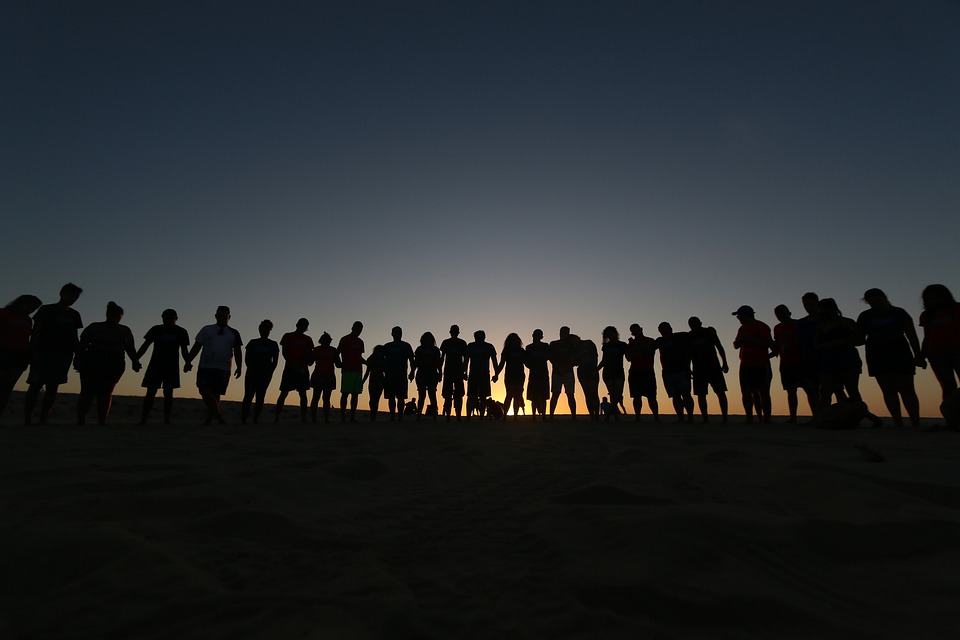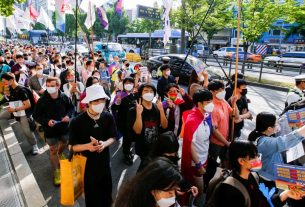Introduction
In a concerning development, reports have emerged that Nigerian children could face severe legal repercussions, including potential death sentences, for participating in protests against the ongoing cost of living crisis. This alarming situation has raised significant human rights concerns and highlighted the need for urgent action to protect vulnerable populations.
Background of the Protests
The Cost of Living Crisis
Nigeria is currently grappling with a severe cost of living crisis driven by a combination of economic factors, including inflation, rising food prices, and a struggling economy. Many families are facing extreme hardships as essential goods become increasingly unaffordable. In response, citizens, including young people, have taken to the streets to voice their frustrations and demand government action.
Youth Involvement in Protests
Children and teenagers have played a prominent role in these protests, motivated by the direct impact of economic challenges on their families. They are advocating for better living conditions, access to education, and an end to corruption. However, their involvement has led to an alarming crackdown by authorities.
Potential Legal Repercussions
Harsh Sentences for Protest Participation
Reports indicate that some Nigerian authorities are considering severe legal actions against young protesters, including the possibility of death sentences. This draconian response has sparked outrage among human rights organizations and advocates, who argue that such measures are disproportionate and violate fundamental rights to free speech and assembly.
Human Rights Violations
The prospect of sentencing children to death for protesting raises serious concerns about human rights abuses in Nigeria. International laws and conventions protect the rights of children, and the potential use of capital punishment in this context is seen as a blatant violation of these principles.
Reactions from Advocacy Groups
Outcry from Human Rights Organizations
Human rights groups, both domestic and international, have condemned the Nigerian government’s stance on this issue. They are calling for the immediate cessation of any plans to prosecute children for their participation in protests and urging the government to uphold the rights of all citizens to express dissent.
Global Attention
The situation has garnered significant global attention, with many advocating for intervention from international bodies to protect the rights of Nigerian children. Calls for accountability and reform are growing louder as activists highlight the need for a more humane approach to governance and protest.
Conclusion
The potential for Nigerian children to face death sentences for protesting against the cost of living crisis represents a grave violation of human rights and underscores the urgent need for reform. As the situation unfolds, it is imperative for the international community to stand in solidarity with Nigerian citizens, advocating for their rights and demanding an end to punitive measures against peaceful protest.
References
- Human Rights Watch. (2024). Nigerian Children Face Death Sentences for Protests.
- Amnesty International. (2024). Urgent Action: Protect Nigerian Youth in Protests.
- The Guardian. (2024). Nigerian Protests Highlight Cost of Living Crisis and Youth Involvement.
- United Nations Convention on the Rights of the Child. (1989). Core Principles and Protections.
This unfolding situation emphasizes the critical importance of protecting the rights of children and ensuring that their voices are heard in the fight for a better future.



